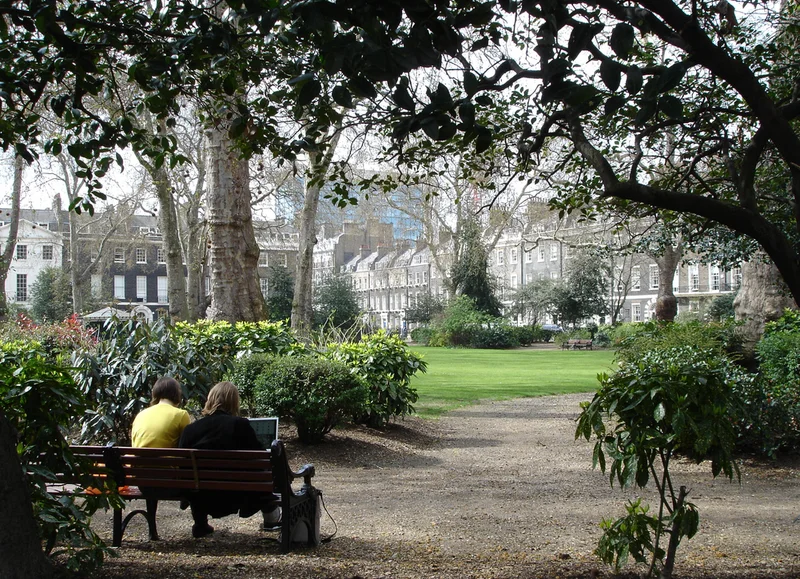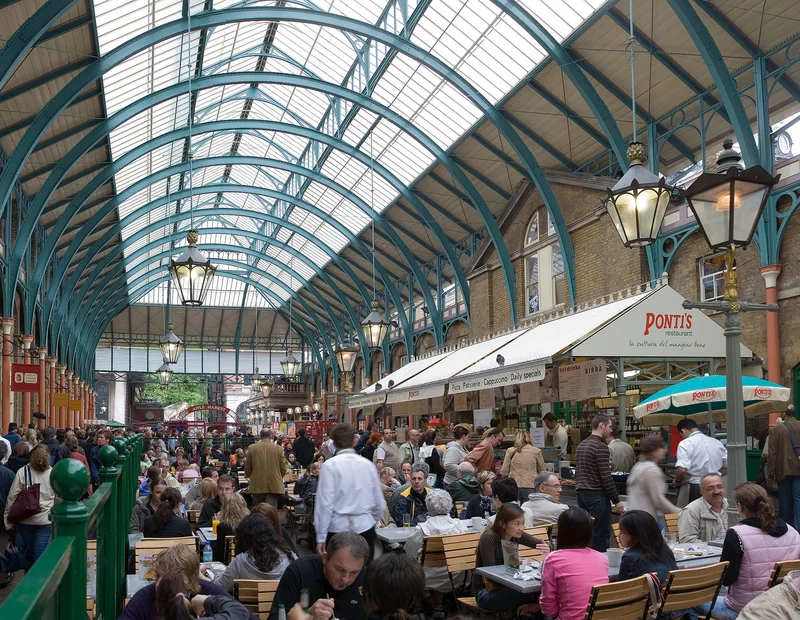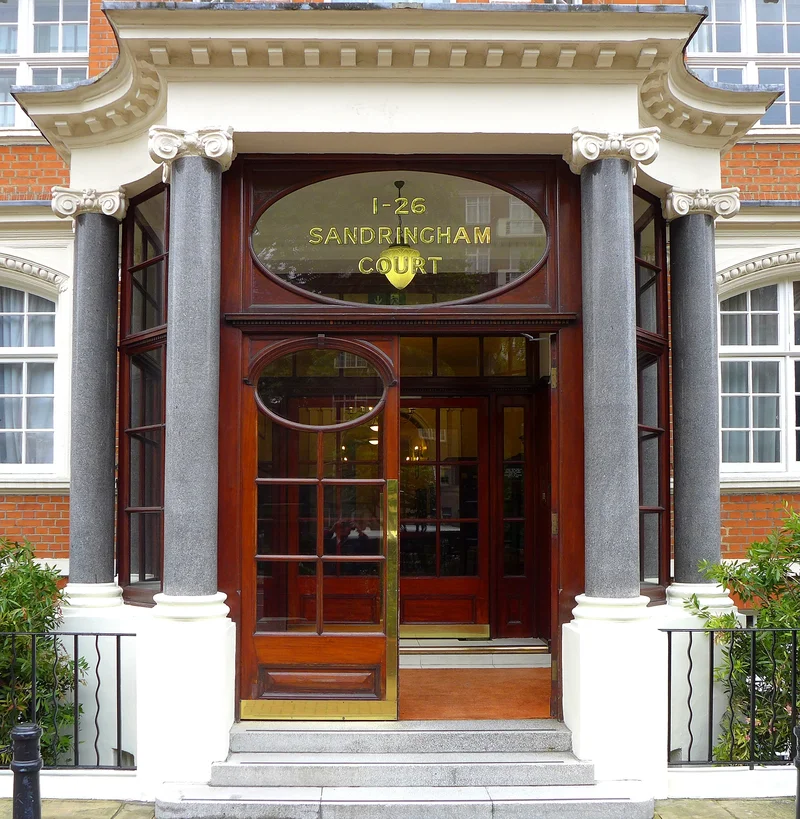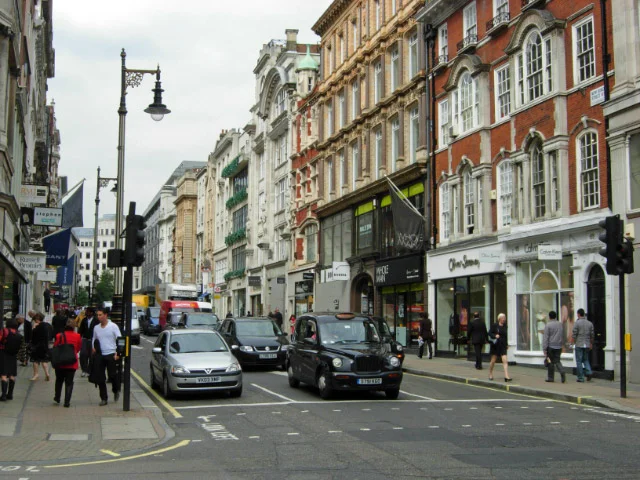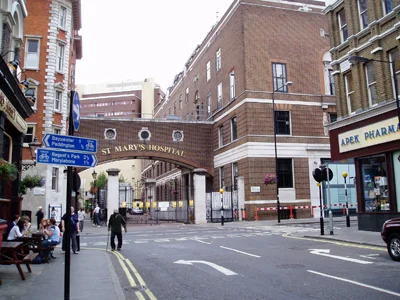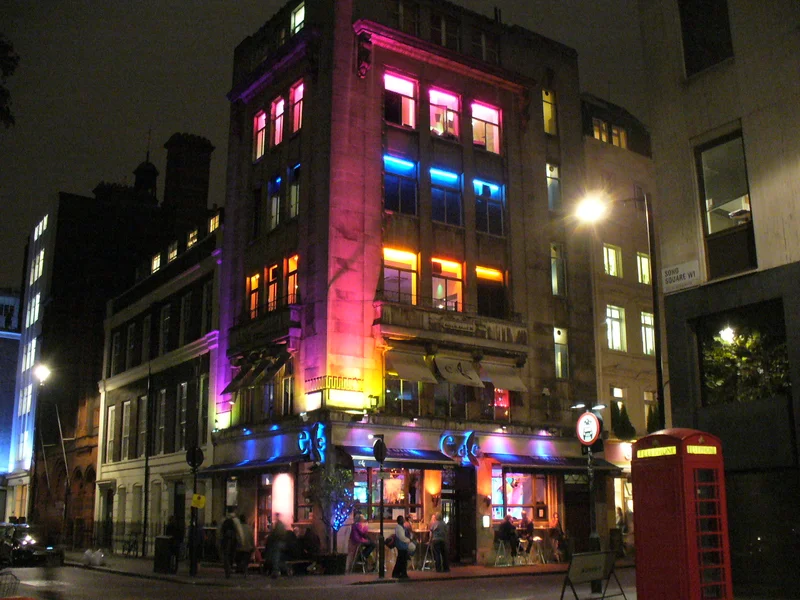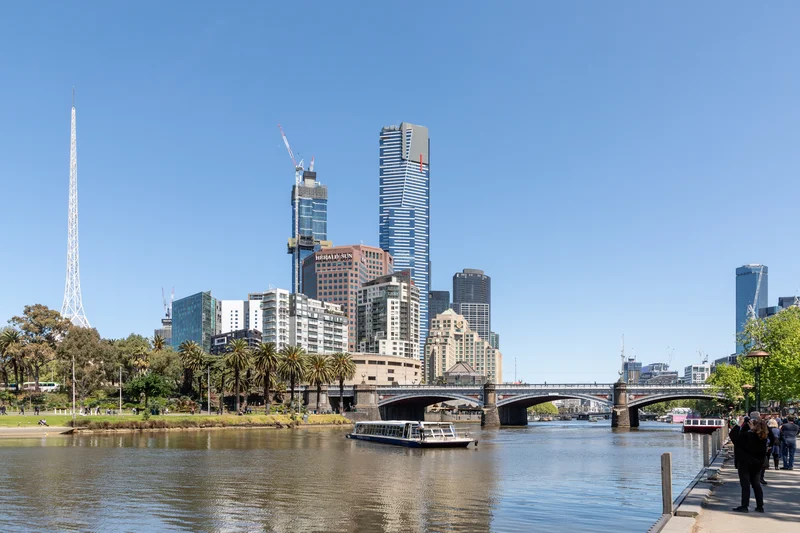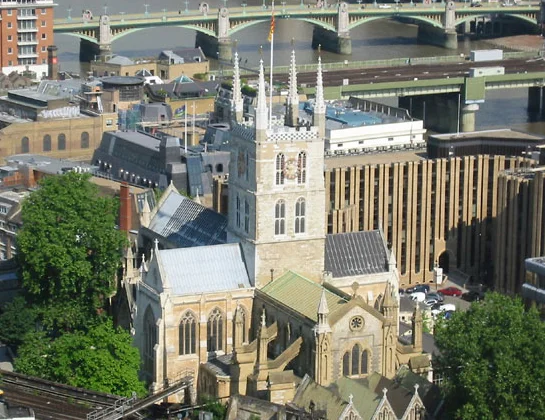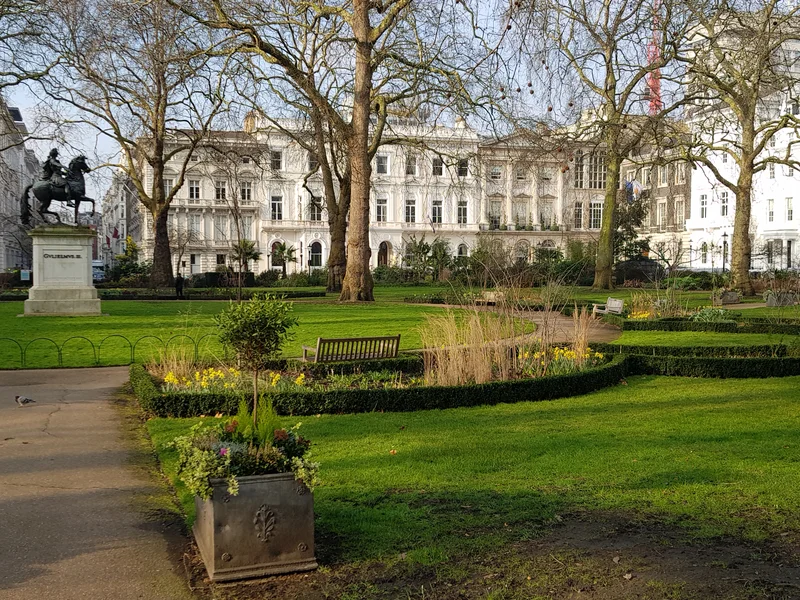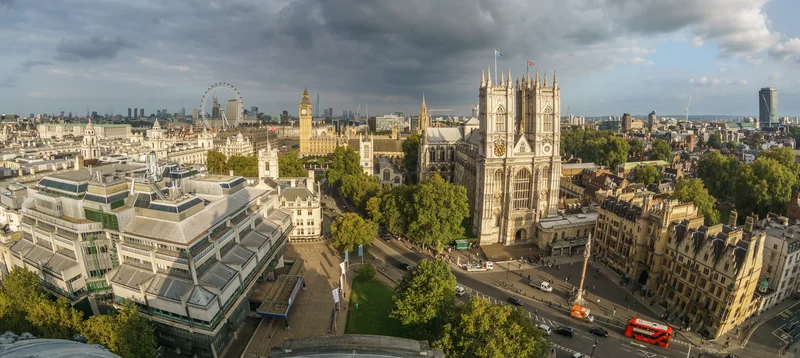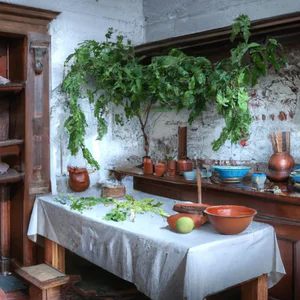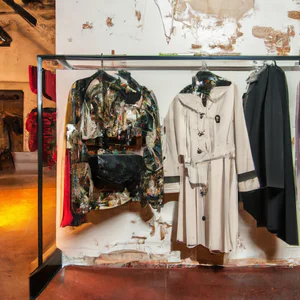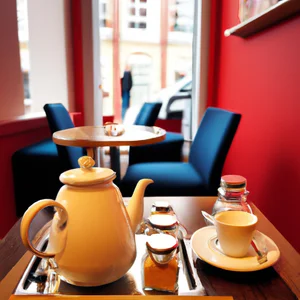Book your experience
Florence Nightingale Museum: the story of the lady with the lamp
Ah, the Florence Nightingale Museum! It’s a really fascinating place, and I’ll tell you, when I first went there, I felt like I’d stepped back in time. The “lady with the lamp”, as everyone calls her, is a figure who deserves to be remembered, don’t you think?
In short, Florence was not just a woman who walked around with a lamp in her hand, but she was a true pioneer of modern medicine. She thinks that she brought light, literally and figuratively, to hospital wards during the Crimean War. Here, I’ll tell you an anecdote that struck me: I once read that, while others were complaining about the conditions the soldiers found themselves in, she rolled up her sleeves and started doing something concrete. She made me think about how many times we complain without acting, right?
In the museum, there is a section that tells of her life and her battles to improve healthcare. It’s incredible how she, with so much determination, managed to change things. I think sometimes we forget how powerful one person’s passion can be.
You can also find some of her letters and notes from her, and I have to say that reading her words is like listening to a conversation with an old friend, one of those that she makes you think about and that she is not afraid to tell the truth . Well, maybe I’m not a history expert, but I feel that Florence teaches us a lot about courage and the importance of caring for others.
In conclusion, if you ever happen to pass through those parts, don’t miss the opportunity to visit the museum. It may not be a dream trip, but it will certainly lead you to reflect on how important our commitment to the common good is. Oh, and she brings a lamp with you, just to pay homage!
Discover the life of Florence Nightingale
An enlightening discovery
I still remember the first time I crossed the threshold of the Florence Nightingale Museum, immersed in the historic area of Saint Thomas’ Hospital in London. The atmosphere was filled with a sense of respect and admiration, as if the walls themselves told stories of courage and dedication. As I walked among the exhibits, I felt enveloped in the presence of Florence Nightingale, the “lady with the lamp,” whose name is synonymous with care and innovation in healthcare. Her life is an extraordinary tale of determination and passion, which changed not only the fortunes of medicine, but also those of women in the 19th century.
The life of Florence Nightingale
Florence Nightingale was born in 1820 into a wealthy family, but her vocation for caring for the sick manifested itself early, in an era in which women were often excluded from the professions. He decided to embrace his mission with every fiber of his being, leaving for the Crimean War in 1854. Here, he found himself having to face inhumane conditions in hospitals, but his foresight led to significant reforms, drastically reducing the mortality rate thanks to innovative hygiene and care practices.
Insider tips
A little secret that few know is that the museum houses a rich collection of Florence’s letters and diaries, which offer an intimate look into her life and thoughts. Spend some time reading these testimonials: they will bring you closer to her humanity and her tireless dedication. Also, if you’re in the area, be sure to visit nearby St. Thomas’ Hospital, where Florence did much of her work.
The cultural impact
Florence Nightingale’s life had enormous repercussions, not only in the medical field, but also on the role of women in society. She pioneered a new generation of nurses and inspired global reforms in health care. Today, her work is recognized and celebrated, not only in England, but around the world, and her name has become a symbol of care and dedication.
Responsible tourism
Visiting the Florence Nightingale Museum is not only a journey into the past, but also an opportunity to reflect on the importance of responsible tourism. The museum promotes sustainable practices, encouraging visitors to respect Nightingale’s legacy through awareness and education.
An experience not to be missed
One activity I highly recommend is taking one of the guided tours offered by the museum, where experts tell fascinating anecdotes and stories about Nightingale and her time. Not only will you have access to valuable information, but you will feel like you are part of a bigger story.
Myths and misconceptions
A common misconception is that Florence Nightingale was just a nurse. In reality, she was a pioneer of statistics applied to public health and a social reformer. Her influence goes far beyond the walls of hospitals; she helped define the future of modern medicine.
A final reflection
As I left the museum, I reflected on how much the world has changed thanks to the work of Florence Nightingale. Her light continues to shine, not only as a symbol of assistance, but also as an example of resilience and social commitment. What changes can we make today to continue her work and honor her legacy?
The museum: a journey through time
When I crossed the threshold of the Florence Nightingale Museum, I was immediately transported to a time when care and compassion for others were at the center of daily life. I still remember the shiver that ran down my spine as I observed the lamp that bore the name of the famous nurse, carefully displayed under a soft light, as if it held secrets from a bygone era.
A treasure of history and innovation
Located in the heart of London, the museum is dedicated to the life and legacy of Florence Nightingale, the pioneer of modern healthcare. Her mission to improve healthcare conditions in healthcare settings has had a lasting impact, not just in England, but around the world. Through a series of well-curated exhibitions, visitors can immerse themselves in Nightingale’s life, exploring her writings, her inventions and her tireless dedication to improving the living conditions of the sick.
- Address: 10 Spring Gardens, London, SW1A 2BN
- Opening hours: Tuesday to Sunday, from 10:00 to 17:00
An insider tip
If you want to have a unique experience, I recommend visiting the museum on weekdays. Not only will you find less crowds, but you’ll also have the chance to participate in small discussion sessions with the staff, who often share fascinating anecdotes and little-known details about Nightingale’s life.
The legacy of Florence Nightingale
Florence Nightingale’s cultural impact extends far beyond the walls of the museum. Her vision has inspired generations of nurses and health professionals around the world. Her philosophy of care has become a role model for nursing education and clinical practice, emphasizing the importance of hygiene and compassionate care.
Sustainability and responsible tourism
Visiting the Florence Nightingale Museum is not only a journey through time, but also an opportunity to support responsible tourism practices. The museum promotes events and initiatives that raise awareness of the importance of public health and healthcare accessible to all, encouraging visitors to reflect on the impact of their travel choices.
An unforgettable experience
As you explore the museum, take a moment to contemplate the history behind each display. The visual narrative and historical artifacts make the experience not only educational, but deeply emotional. I advise you not to miss the section dedicated to “Time Travel”, where you can immerse yourself in historical reconstructions that will make you feel as if you were a contemporary of Florence.
Dispelling the myths
A common misconception is that Florence Nightingale was only a symbolic figure. In fact, her brilliant mind and practical dedication have revolutionized the way we perceive healthcare. Her data- and observation-based methodology established the foundation for the modern healthcare system.
A reflection
Visiting the museum, I asked myself: what are the lessons we can draw from Florence Nightingale’s legacy to face the challenges of modern healthcare? Every visitor can find a personal answer to this question, drawing inspiration from the life of a woman who changed the course of medicine. The next time you are in London, don’t miss the opportunity to discover this corner of history and humanity.
The lamp: symbol of care and hope
A personal memory
I vividly remember the moment I visited the Florence Nightingale Museum for the first time. As I wandered through the rooms illuminated by a warm light, my attention was caught by an oil lamp, positioned in a strategic corner. It was Florence’s lamp, the symbol that illuminated her mission of care and compassion during the Crimean War. The lamp was not just an object, but a powerful symbol of hope, a light that guided lost souls to healing. In that moment, I realized how deep the connection was between the lamp and the tireless work of a woman who revolutionized healthcare.
Practical information
The Florence Nightingale Museum, located in the heart of London, offers a unique opportunity to explore the life and legacy of this extraordinary figure. The original lamp is displayed in a dedicated room, surrounded by historical photographs and documents that tell its story. Opening hours are Tuesday to Sunday, 10am to 5pm, with an entrance fee of around £8, easily bookable online on the museum’s official website.
Unconventional advice
If you want to have an experience that few tourists know about, ask the museum staff to show you the “Nightingale Journal”. This diary, which collects her reflections and observations, is a treasure of wisdom and insights about care and humanity. Many do not know that the museum also offers themed guided tours, where the connections between the lamp and modern healthcare practices are explored.
The cultural impact
Florence Nightingale’s lamp has become a universal symbol of care, not only in the UK but around the world. It is representative of an era in which the nursing profession emerged as vital, raising standards of health and care. Her influence extends beyond the walls of the museum, inspiring generations of health professionals and promoting respect for human dignity.
Responsible tourism practices
Visiting the Florence Nightingale Museum is not only a journey into the past, but also an opportunity to practice responsible tourism. The museum encourages visitors to reflect on the importance of care and compassion in the modern world. Supporting cultural institutions like this contributes to the preservation of history and the promotion of essential values related to health and well-being.
An activity worth trying
As you explore the museum, take a moment to attend one of the scheduled craft workshops, where you can create your own small ceramic oil lamp. It’s an activity that not only symbolically connects you to Florence, but also gives you a hands-on experience to take home, a piece of history that will brighten your life.
Common myths
A common myth is that Nightingale’s lamp was only a symbolic object with no functionality. In reality, Florence actually used it to illuminate the nights on the battlefield, bringing comfort to wounded soldiers. The lamp therefore represented not only a symbol, but also an instrument of care and assistance.
A reflection
After exploring the museum and comparing the lamp with modern healing practices, I asked myself: what can we do today to bring light into the lives of others? The story of Florence Nightingale is not just a tale of the past, but an invitation to reflect on how we can embody his values of compassion and dedication in our daily lives.
Little known story: the impact in India
An Indelible Memory
When I visited the Florence Nightingale Museum in London, I came across a corner dedicated to her years in India that caught my attention. An old black-and-white photograph showed a group of Indian nurses trained by Nightingale, while a sign of hers repeated her famous motto: “Care is a duty.” This moment awakened in me a deep curiosity about her impact in a country so far from her place of origin. Her history in India is often overlooked, but it is a key part of her legacy.
A Transformative Impact
During the Anglo-Sikh War, Florence Nightingale not only faced health challenges in Europe, but she also traveled to India, where she found herself faced with an unprecedented health crisis. Her influence was not just limited to British soldiers; Her reforms and innovative approaches to patient care have had a lasting effect on Indian healthcare. The creation of more hygienic hospitals and the education of local nurses marked the beginning of a radical change in the way public health was managed on the subcontinent.
Practical Information
If you would like to delve deeper into Florence Nightingale’s impact on India, I recommend visiting the museum during one of her temporary exhibitions, where new research and historical materials are often presented. Check the museum’s official website for up-to-date details on events and educational programs. You can also find useful resources in the Royal College of Nursing archive, which holds valuable documents about her life and work.
Insider advice
A little-known tip is to ask museum staff to show you the letter in which Nightingale wrote her observations about assisting in India. This document, often hidden, offers a personal insight into her experience and the challenges she faced. It’s a way to connect with her story in a deeper way.
The Cultural Impact
Florence Nightingale’s legacy in India goes beyond healthcare: she inspired generations of Indian nurses and doctors to fight for a more just and effective healthcare system. Even today, her approach to self-care is a beacon for many health professionals in the country, who continue to follow the principles of compassion and dedication.
Responsible Tourism
Visiting the museum is also a step towards responsible tourism, as the museum actively promotes the history of health care and education. Your visit helps support educational projects and local initiatives that celebrate the work of health professionals, both in England and India.
An Activity to Try
After your visit to the museum, I recommend you attend one of the conferences or workshops that explore the topic of global health, often organized in collaboration with experts in the field. These activities provide a great opportunity to further explore Nightingale’s impact and reflect on how her lessons can be applied today.
Myths and Misconceptions
A common misconception is that Florence Nightingale devoted herself exclusively to healthcare in Europe. However, her work in India is a testimony to his global vision and commitment to improving the health of all, regardless of their origin.
Final reflection
Florence Nightingale changed the course of healthcare history, not only in England but also in India. I invite you to consider: How can we continue to carry forward his message of care and social responsibility in our modern world?
Interactive exhibitions: an immersive experience
An immersive journey into history
One of the most memorable experiences I had during my visit to the Florence Nightingale Museum was attending one of her interactive exhibits. I remember wearing an augmented reality device that allowed me to “step into” Florence’s shoes, exploring her life and work through a series of immersive historical scenarios. Every step I took was accompanied by compelling narratives and visual details that made the 19th century atmosphere palpable. It was like walking through the pages of a history book, but with the possibility of interacting and learning directly.
Practical information
The museum offers a variety of interactive exhibits ranging from permanent installations to temporary events. It is advisable to check the museum’s official website Florence Nightingale Museum for times and details on events. Most exhibitions are included in the entrance fee, but some may require advance booking. Don’t forget to download the museum app for an even more enriching experience!
A little-known tip
If you want an even more personal experience, try visiting during one of the hands-on workshops offered by the museum. These events, often led by expert educators, offer a unique opportunity to learn historical skills, such as patient care in the Nightingale era. It’s an engaging way to understand the impact her practices have had on modern medicine.
Cultural and historical impact
The interactive exhibits not only celebrate Florence Nightingale’s legacy, but also highlight her contributions to global health reform. Through modern technologies, visitors can understand how her innovations have influenced contemporary health policies. This is not just a museum, but a place of reflection on public health and care, important in an era in which these issues are more relevant than ever.
Responsible tourism
Visit the museum knowing that your entry helps support education and conservation projects. The museum engages in responsible tourism practices, promoting sustainability and education about the history of health, making your visit not only a journey into the past, but also a step into the future.
An experience not to be missed
Don’t forget to experience the interactive installation “Florence’s Lamp”, where visitors can virtually “light” Nightingale’s symbolic lamp, illuminating a path that tells stories of care and compassion. It is an experience that remains in the heart and mind.
Final reflection
As you explore the interactive exhibits, I invite you to reflect on how Florence Nightingale’s innovations continue to influence our daily lives. What does care mean to you and how is this legacy reflected in the modern world?
Unique tip: visit at sunset
An unforgettable experience
Imagine being in front of the Florence Nightingale museum, as the sun begins to set on the horizon, bathing everything in a golden light. During my visit, I was lucky enough to explore the museum right at sunset and I can assure you that this moment transformed the entire experience. The dancing shadows and warm colors create an almost magical atmosphere, paying homage to the life and legacy of one of the most influential figures in the history of medicine.
Practical information
The museum, located in the Paddington district, is open until 6pm. However, the best time to visit it is undoubtedly in the last hours of the day. I recommend planning your visit to arrive at least an hour before sunset. Check the solar times for your specific day, as they vary depending on the season. You can find updated information on the museum’s official website Florence Nightingale Museum.
An insider tip
A little trick that only locals know is to bring a thermos of hot tea with you. Not only will it allow you to enjoy a hot drink while admiring the view, but it will also give you the opportunity to reflect on the life of Nightingale, who always supported the importance of care and well-being, not only physical but also emotional.
Cultural and historical impact
Visiting it at sunset is not just a question of visual beauty; it’s a way to connect deeply with the history of the place. Florence Nightingale not only revolutionized the nursing profession, but also initiated a shift in healthcare practices globally. Her legacy is palpable in every corner of the museum, where stories of care and dedication are intertwined with London’s cultural heritage.
Responsible tourism practices
Choosing to visit the museum at sunset is also a way to encourage sustainable tourism. During these less crowded hours, you have the opportunity to appreciate the museum in a quieter environment, thus respecting both the place and other visitors. Additionally, the museum promotes sustainability initiatives, such as the use of eco-friendly consumables and raising awareness of public health care practices.
An enveloping atmosphere
As the sun goes down, take a moment to breathe and let the serene atmosphere envelop you. The golden rays illuminate the rooms, making the exhibitions even more evocative and allowing visitors to feel part of a story that changed the world.
An idea for a business
After your visit, why not take a walk along the nearby Paddington Canal? The sparkling water reflects the colors of the sunset sky, creating a perfect setting for reflection and conversation.
Myths to dispel
A common misconception is that the museum is only for those interested in medicine or the history of health. In fact, it’s a place that celebrates the power of caring and humanity, making it accessible and relevant to everyone, regardless of their background.
A personal reflection
Have you ever wondered how much a visit to a place so full of history can influence your state of mind? Next time you’re in London, consider visiting the Florence Nightingale museum at sunset. I invite you to take a moment to reflect on how care and compassion can still make a difference in people’s lives today.
Nightingale’s legacy in responsible tourism
A Personal Anecdote
During my visit to the Florence Nightingale Museum, I was struck by the presence of a young volunteer who was telling Nightingale’s story to a group of students. As she explained how the nursing pioneer had dedicated her life to improving health conditions, I noticed the light in the kids’ eyes. It was clear that Nightingale’s legacy was not just limited to the history of medicine, but also extended to the concept of care and responsibility towards others. This moment made me reflect on how tourism can be a form of social activism.
Practical Information
The Florence Nightingale Museum, located in London, is a place where the past and present are intertwined, making it a point an unmissable reference for anyone who wishes to understand the importance of care in our society. The facility is open from Tuesday to Sunday, with extended hours on weekends, and offers various activities, including guided tours and workshops. It is advisable to book in advance to avoid surprises. Find out more on the museum’s official website.
An Unconventional Advice
If you want a truly unique experience, I recommend taking part in one of the health and wellness workshops that the museum organizes periodically. These events not only offer a deeper understanding of Nightingale’s legacy, but also encourage responsible and sustainable care practices, making each participant part of a global community of change.
Cultural and Historical Impact
Florence Nightingale’s legacy goes far beyond her contributions to medicine; she influenced how we perceive women’s roles in society and in caring for others. His dedication to public health has inspired generations of professionals and given rise to responsible tourism practices, where social awareness is at the heart of the experience. Her ideas on health and hygiene continue to be fundamental, especially in health and responsible tourism contexts.
Sustainable Tourism Practices
By visiting the museum, you come across an example of how tourism can be practiced responsibly. The museum promotes the use of sustainable materials and encourages visitors to reflect on their daily practices. Additionally, every ticket purchased helps support local initiatives to improve community health and education.
An Engaging Atmosphere
Upon entering the museum, you are surrounded by an atmosphere of respect and admiration. The rooms, decorated with historical objects and period photographs, tell a story of dedication and passion. It’s as if the walls themselves spoke, narrating the challenges and triumphs of a woman who changed the world.
Activities to Try
Don’t miss the chance to take a guided tour, where experts discuss not only Nightingale’s life, but also the implications of her discoveries for the contemporary world. This type of experience offers a new perspective on responsible tourism and the importance of care in our daily lives.
Common Myths
A common misconception is that Nightingale’s contribution is limited only to the nursing profession. In fact, her influence extends to various aspects of public health and social reform. It is important to recognize her work as a catalyst for significant changes that continue to impact various professions and disciplines.
Final reflection
As I left the museum, I reflected on how Florence Nightingale’s life and work can inspire us to be more responsible in our travels. How can we, as visitors, carry forward her message of care and compassion in our daily lives? The next time you explore a new destination, I invite you to consider how your actions can contribute to more ethical and conscious tourism.
A corner of London to explore: the South Kensington neighborhood
When I think of South Kensington, I can’t help but remember my first visit to the Florence Nightingale Museum, a place that struck me not only with its exhibits, but also with the vibrant, historic atmosphere that surrounds the neighborhood. Walking through the elegant streets of this area, I discovered little hidden gems, such as historic cafes and charming bookstores, which seem to tell stories of bygone eras. Every corner is imbued with a sense of care and dedication, just like that which Florence Nightingale showed to wounded soldiers during the Crimean War.
Rich historical context
South Kensington is a neighborhood pulsating with history and culture. In addition to the Florence Nightingale Museum, it is also home to the Natural History Museum and the Victoria and Albert Museum, making it a must-see area for art and science enthusiasts. This mix of cultural institutions has made the neighborhood a hotspot for education and research, a legacy that reflects Nightingale’s pioneering work in improving healthcare practices.
A unique tip
If you want a truly authentic experience, I recommend visiting South Kensington Market on a Saturday morning. Here, you can find local and artisanal products, but also discover dishes inspired by traditional British cuisine. It’s an opportunity to immerse yourself in the lives of residents and understand how the community honors Nightingale through events and initiatives that celebrate well-being.
Responsible tourism
When exploring South Kensington, consider the importance of sustainable tourism. Many of the local cafes and restaurants are committed to using organic ingredients and reducing waste. Choosing to eat at these places not only enriches your experience, but also supports the local economy and promotes eco-friendly practices.
An experience not to be missed
Don’t forget to take time for a walk in nearby Hyde Park. This vast green space not only offers a charming contrast to the Victorian architecture of South Kensington, but is also an ideal place to reflect on the legacy of Florence Nightingale. Imagine sitting on the grass and visualizing the changes she has brought to the world of healthcare, whilst enjoying a quiet moment in one of London’s most iconic parks.
Final reflection
As you immerse yourself in the history and culture of South Kensington, ask yourself: How can we all contribute to a healthier, more compassionate world? Florence Nightingale was not just a pioneer of nursing; Her vision continues to inspire generations of healthcare workers and engaged citizens. In this corner of London, her light still shines, inviting us to care for others, just as she did.
Meetings with experts: exclusive insights
When I visited the Florence Nightingale Museum, I was lucky enough to participate in a meeting with one of the medical history experts who collaborate with the museum. It was like being in a private lesson, immersed in stories not found in textbooks. The expert, a passionate researcher, shared little-known anecdotes about Florence’s life, revealing details that enriched my understanding of her historical figure.
A journey into the past
The museum offers a number of expert meeting programs that take place regularly, and I highly recommend checking the calendar before your visit. These events not only delve deeper into Nightingale’s work, but also explore the social and cultural context of her time. For example, I discovered that Florence was not only a pioneer of patient care, but also a fervent supporter of female education and social reform. Through his letters and her notes, a portrait of a woman who dared to challenge conventions emerges.
An insider tip
If you want to make your experience even more memorable, try to book a meeting during a special event, such as Florence Nightingale Day, held every year in May. During these celebrations, the museum hosts renowned speakers, and the atmosphere is full of energy and passion for the work of these extraordinary women. It’s a unique opportunity to ask questions and delve deeper into topics you’re passionate about.
Cultural heritage
These encounters not only enrich your visit, but also help keep Florence Nightingale’s legacy alive. Her influence extends far beyond the realm of medicine; has inspired generations of health professionals and social activists around the world. The experts who speak in the museum are part of this tradition, continuing to spread the message of care and social responsibility that Nightingale embodied.
Responsible tourism
Attending these events contributes to more sustainable tourism, as revenue is reinvested in the museum and its educational initiatives. Supporting places like this not only enriches your experience, but also helps preserve history and culture for future generations.
Total immersion
Imagine sitting in a room decorated with period photographs and original documents as the expert tells you how Florence reformed healthcare practices in an era marked by enormous challenges. He conveys to you the emotion and determination of a woman who changed the world. It’s a moment that makes you reflect on how we too can make a difference, in our own small way.
Questions to consider
After having lived such an immersive experience, I asked myself: What is our “task” in today’s world? How can we, as individuals, carry forward the message of care and responsibility that Nightingale stood for? These questions may inspire you to explore your role in the community and pick up your own “lamp.”
Local traditions: tea in the Nightingale museum
An unforgettable experience
I vividly remember the first time I set foot in the museum dedicated to Florence Nightingale. The scent of freshly brewed tea wafted through the air, enveloping me in a warm, welcoming embrace. Sitting in one of the small rooms, surrounded by historical artifacts and period photographs, I savored a cup of Earl Grey, all while listening to fascinating stories about the famous nurse’s life. This moment of tranquility, steeped in history, made my visit particularly special.
Practical information
The Florence Nightingale Museum is located within St Thomas’ Hospital in London and is open to the public from Tuesday to Sunday. The visit includes an hour of access to the exhibitions, but the real gem is the lounge where you can enjoy tea. It is advisable to book in advance, especially on weekends, to secure a place. For further information, you can visit the museum’s official website: Florence Nightingale Museum.
An insider tip
If you want a truly authentic experience, ask the museum staff to show you the selection of traditional teas used by Nightingale. Many visitors don’t know that the museum also offers a selection of herbal teas inspired by recipes from the Victorian era. These details make tea not just a drink, but a real journey through time.
Cultural and historical impact
Tea has always played a central role in British culture, serving as a symbol of hospitality and community. Florence Nightingale, with her dedication to the well-being of patients, transformed even the simple act of drinking tea into a ritual of care and comfort. This tradition continues to live on in the museum, where tea becomes a bridge between the past and the present.
Responsible tourism
The Nightingale Museum is committed to sustainability, using organically grown tea and fair trade practices. This commitment not only supports local communities, but also promotes responsible tourism, inviting visitors to reflect on their consumption choices.
A sensorial immersion
Imagine sipping a hot cup of tea while observing the delicate ceramics and works of art that tell the story of an extraordinary woman’s life. The combination of history, culture and flavors makes the museum a unique place, where every sip tells a story.
Activities to try
In addition to enjoying tea, I recommend taking part in one of the cooking workshops organized by the museum, where you can learn to prepare typical desserts from the Victorian era, creating a tangible link with history.
Myths and misconceptions
A common misconception is that tea tradition is exclusively linked to British nobility. In reality, tea has deep roots in popular culture and, through figures like Nightingale, has become a symbol of care and community, accessible to all.
Final reflection
As you sip your tea at the Florence Nightingale Museum, we invite you to consider: How can culinary traditions enrich our understanding of history? Stories of care and community, represented through a simple cup of tea, invite us to deeper reflections on our connection to the past.

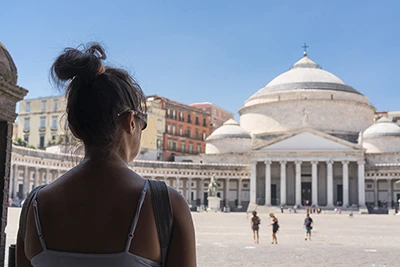 Architecture and Design
Architecture and Design Cities and Regions
Cities and Regions Culture and History
Culture and History Events and Festivals
Events and Festivals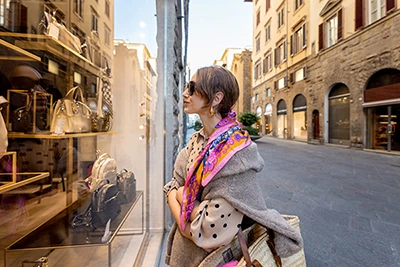 Fashion and Shopping
Fashion and Shopping Food and Wine
Food and Wine Nature and Adventure
Nature and Adventure Unique Experiences
Unique Experiences
